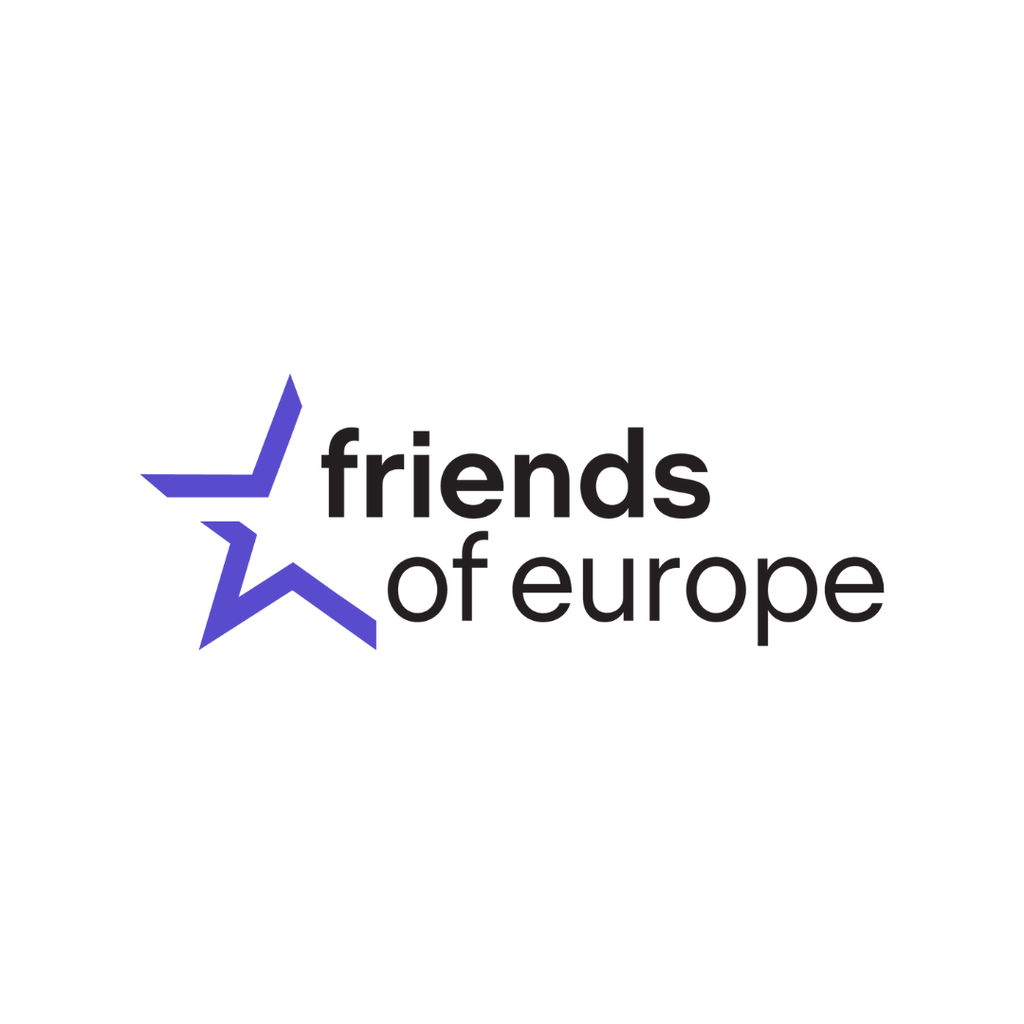
Click here to learn more
Friends of Europe’s Iran in Focus series aims to identify new approaches to diplomatic relations with Iran by establishing an understanding of the domestic political context and recent developments in international relations that jointly underpin the country’s political decision-making.
By taking a wider perspective on security and focusing on the role of women, the state of civil society and the human rights situation in the country, the series brings a fresh and informed perspective on diplomatic engagement that empowers domestic activism.
Amplifying a varied range of voices, these think pieces examine the challenges and opportunities of civic movements and organisations in Iran. Priorities include women’s rights and political participation, freedom of speech and of the media, the humanitarian considerations of international sanctions, and the role of international actors in Iran.
Our articles and the Iran in Focus series as a whole will engage with these overlapping themes, promote new and diverse opinions, and provide a coherent and progressive reconfiguration of diplomatic relations with Iran, including concrete conclusions and recommendations, based on strategic thinking and mutual interests.
Related content:
- Revolution and the role of women: lessons from Lebanon, by Rebecca O’Keeffe
- Catch up on the programme’s first iteration in this report, authored by Negar Mortazavi










